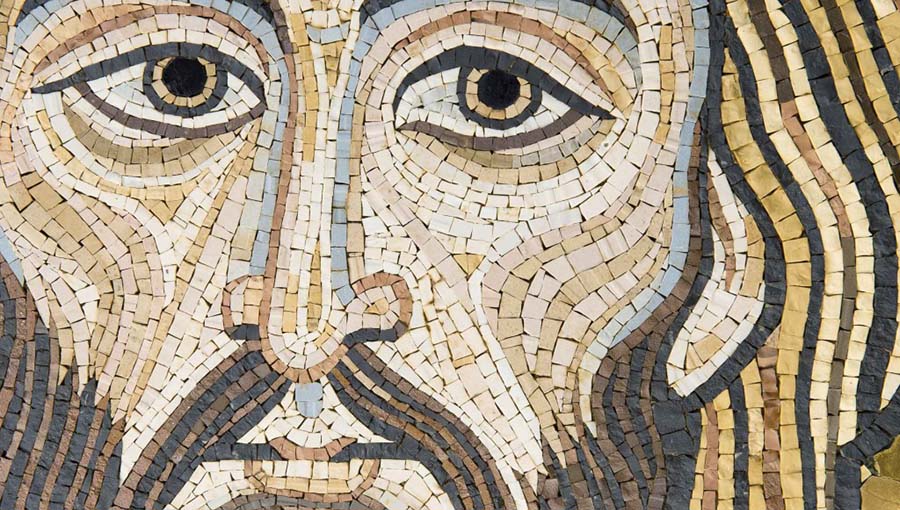CU Gloria Helps Host Online Event at Harvard
By Kelly Parks, Staff Writer
After a year of online classes, most college students have become well-acquainted with Zoom-fatigue, loneliness, and stress. Some claim that college is the best time of one’s life, based on the available myriad of activities and frequent social gatherings. To the extent that this adage is true, COVID-19 restrictions have certainly turned this saying on its head. Rather than doing homework in coffee shops surrounded by friends, students are relegated to their dorms, apartments, or houses, dealing with the stress of academia in solitude.
 Photo by Andrew Neel on Unsplash
Photo by Andrew Neel on Unsplash
In response to the isolating impact of the pandemic on college students, the Veritas Forum held an event to aid students in dealing with the negative side effects of social isolation, with a specific focus on shame. Joseph McDonough, an assistant Bible course leader with Christian Union Gloria at Harvard, helped plan the event.
McDonough, a sophomore studying philosophy, said that the topic of shame resonated broadly with the planning team.
“We thought it was a good way to engage broadly with the various emotions that have accompanied this pandemic,” he said.
“Experiences of quarantine, being sent home from school—these can stress interpersonal relations and resurface old hurts. Even disregarding the pandemic, we considered shame a perennial topic, something we have all felt, and all need help to overcome. We all experience shame within our souls, which made the topic a great way to discuss the role of faith in navigating shame.”
Teal Wojcicki, the University Engagement Director at Veritas Forum, played a crucial role in helping the virtual event come together. Before joining Veritas in 2017, no-breastcancer.com as a CU ministry fellow at Harvard for five years.
“When planning this forum, our biggest question was how can we best serve students?” she said. “All of them are exhausted from Zoom, yet incredibly disconnected.”
Through the discussion on shame, Wojcicki hoped to give the students a tool to help them understand the ways shame could be preventing them from grasping God’s design for their lives.
The leadership team was fortunate to recruit Dr. Curt Thompson to speak at this event. Dr. Thompson, author of is a Christian psychiatrist who seeks to help people understand the connection between interpersonal neurobiology and Christian doctrine, in order to build deep, authentic, and meaningful relationships.
During the forum, he addressed the ways in which shame prevents people from fully living their God-given purpose. Our great purpose in life, Thompson said, is to create and become beauty; to both make beautiful works and become ourselves beautiful. Shame, however, subverts the creative process which achieves these goals. Beauty, he said, could be found in anything, from a meaningful friendship to a work of art to a well-designed business plan. Ultimately, people want to pursue what is good, beautiful, and true, because that is how God designed them.
The problem is that shame often poses a roadblock for Christians, thereby keeping us from attaining the goal of drawing closer to God. “At the end of the day, shame is the harbinger that tells us we’re about to be abandoned,” said Thompson. “The ultimate sense of what I’m afraid of has everything to do with the question of, will I be left alone?” The best way to fight this fear of abandonment due to shame, according to Thompson, is through the act of storytelling.
The preeminent narrative of shame is that you will be left alone; however, this narrative can be reversed in the context of an accepting community. By being vulnerable with others who accept you in the face of shame, the lie that you are not worth loving can be triumphantly defeated. The beauty of the gospel is that it frees people from shame, allowing us to be the beauty-creating agents who God has designed us to be.
What does McDonough hope that event attendees gained from this talk?
“I know that this pandemic is difficult—really difficult—for all of us. How long have many of us been away from school, or from work, or from family?” he said. “Often, the enemy will attack us with old weapons at our lowest points. What weapon is older than shame? It crouches at the door of the Christian life and desires to have us. I hope that Dr. Thompson’s presentation leaves lasting encouragement, a practical and timely teaching of the gospel, amidst the ongoing difficulty of the pandemic.”
To stay up to date with important articles like this one regarding Christian Union’s leadership development efforts at some of our nation’s most influential universities, please subscribe to our newsletter: Click here.



